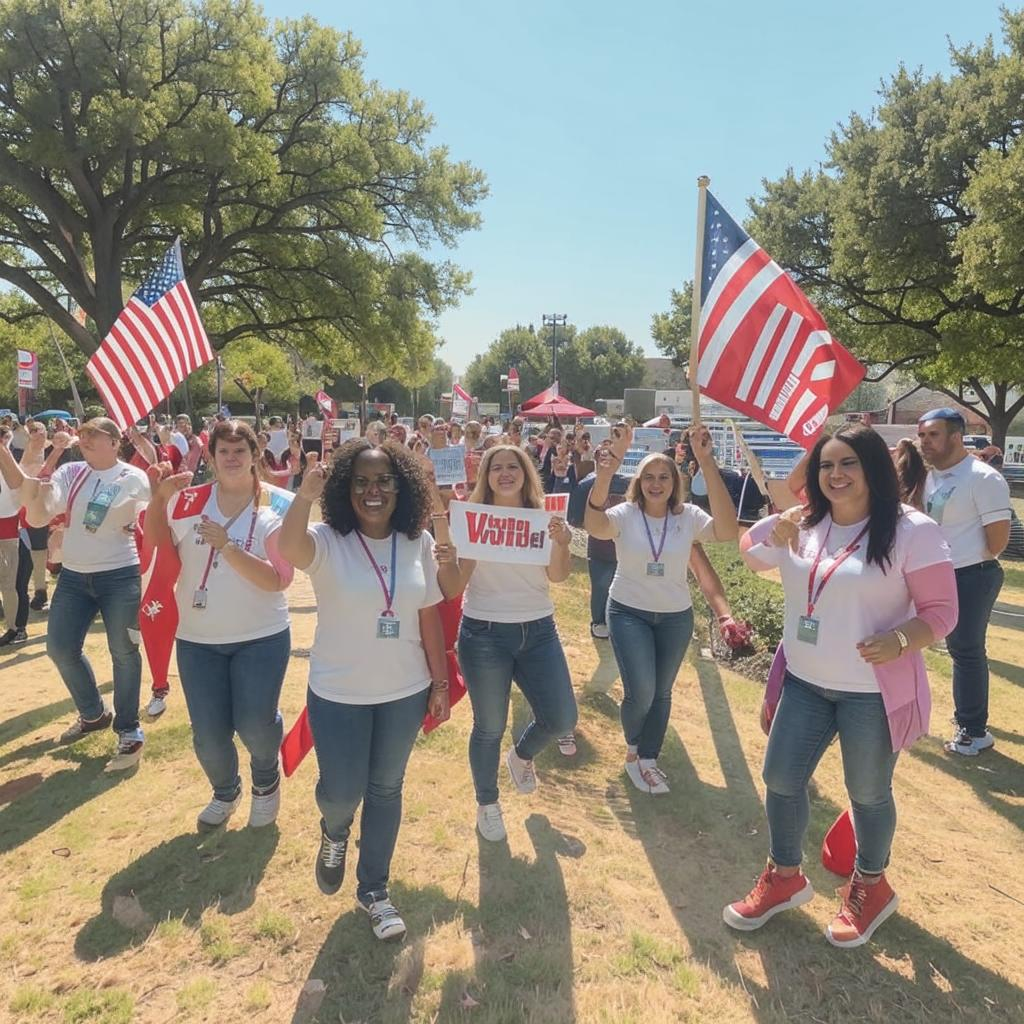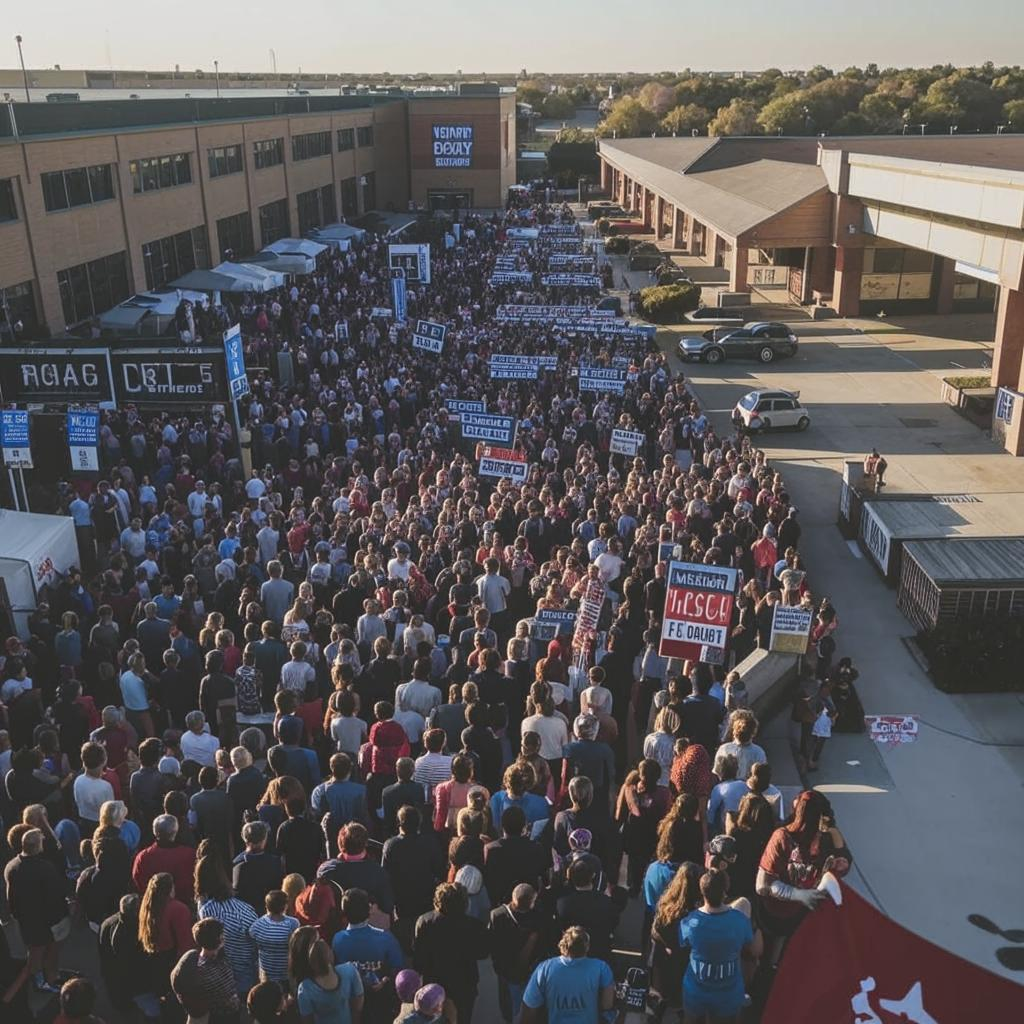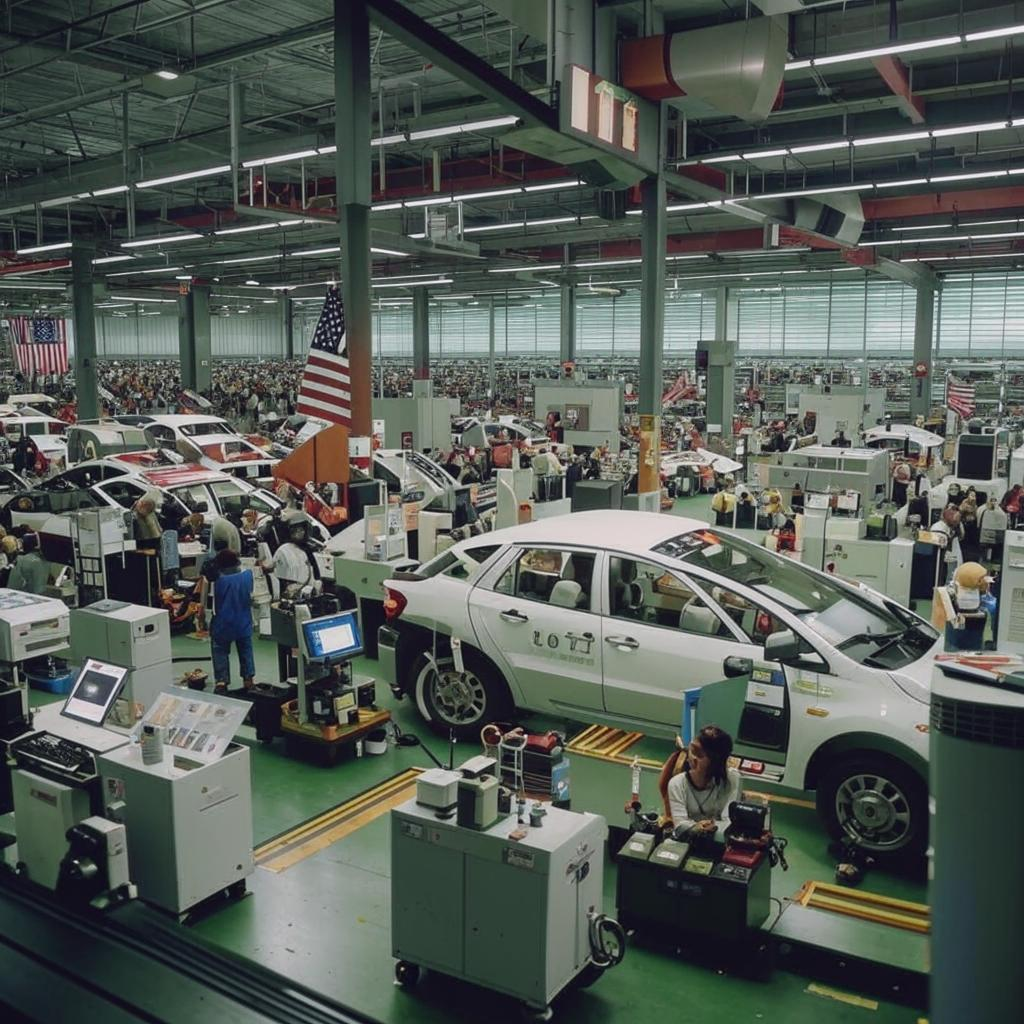The American Dream, once a beacon of upward mobility, persists, but its form has drastically changed. The traditional narrative of hard work leading to guaranteed prosperity is no longer universally applicable. Instead, achieving a comfortable life requires a more nuanced approach, demanding strategic navigation of economic realities.
For many, the dream has become harder to reach. Wages have stagnated for decades. Rising costs of housing, healthcare, and education create substantial hurdles. Debt, especially student loan debt, further constrains financial freedom. A college degree, once a near-guarantee of a good job, is increasingly viewed as a prerequisite, not a differentiator, in a competitive job market.
But the dream isn’t dead. Individuals are finding new paths to success. Entrepreneurship is thriving, fueled by technology and a desire for autonomy. Skill-based training and vocational programs offer alternatives to traditional four-year degrees, providing quicker routes to well-paying jobs. Financial literacy and savvy investment strategies are becoming increasingly important for building wealth.
Furthermore, a renewed focus on community and mutual support is emerging. People are leveraging networks and shared resources to overcome economic challenges. Policy changes, such as affordable housing initiatives and accessible healthcare, are crucial to leveling the playing field. The American Dream is evolving to be defined not just by individual wealth, but by economic security and the opportunity for all to thrive. Overcoming current obstacles requires both individual initiative and societal change, paving the way for a more inclusive and attainable dream for future generations.















